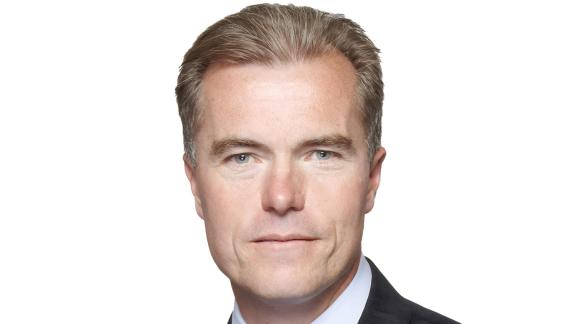ICSs: A new era of NHS and local government partnership?

ICS leaders must reframe their relationship with local politicians and recognise the value, contribution and skills they bring to ICSs, so that together they can forge a new model of health promotion, care and support to improve the health and wellbeing of their communities.
Though squarely focused on the future leadership and management of the NHS, several of the key messages of Professor Sir Chris Ham’s report commissioned by the NHS Confederation resonate strongly with local government. There are three, in particular, where we have common cause:
- The need to reframe the central/local relationship in setting priorities to improve health and wellbeing.
- The need for a new approach to leadership and management in the NHS.
- The role of political leadership.
The central/local relationship
Integrated care systems (ICSs) are a real opportunity for local NHS, political, professional and community leaders to forge a new model of health promotion, care and support to improve the health and wellbeing of their communities; one which reaches beyond the boundaries of the NHS and social care to address the causes of poor mental and physical health. And one that ensures that when people do need support, they get the right care, in the right place at the right time. But in order to do so, local leaders need the freedom and flexibility to focus on the unique challenges of their populations.
...national government needs to trust NHS and local government leaders to work with their communities to set their own priorities
We recognise the unique position of the NHS as a cherished public institution, and as such, it will always be the focus of national political attention. While it is entirely legitimate for government to set broad national priorities and standards for the NHS, these must not prevent local leaders focusing and deploying their collective resources on the priorities that will really make a difference to their communities. In short, national government needs to trust NHS and local government leaders to work with their communities to set their own priorities.
A new era in collaborative leadership
Professor Sir Chris Ham’s report rightly cites the top-down, directive style of management in the NHS as a major barrier to enabling ICSs to work for the benefit of their populations. It calls for a new style of leadership, characterised by collaboration, inclusion and mutual respect, both within the NHS, and between the NHS and its partners.
...it’s imperative that we move beyond historic tensions to focus on forging a partnership of equals to put the needs of our citizens above the interests of our individual institutions
While there are longstanding strong and equal partnerships between the NHS and local government in many areas, this isn’t the case everywhere. This is not surprising, given the intense financial and demand challenges on our frontline services, but it’s imperative that we move beyond historic tensions to focus on forging a partnership of equals to put the needs of our citizens above the interests of our individual institutions. This also requires humility; to recognise that we don’t have all the answers. We need an honest and open dialogue with our communities about the challenges facing us, and how we best use our collective resources to address them.
Political leadership
The report underlines the need for a new generation of NHS leaders who are skilled in engaging proactively with politicians – this is mainly directed at the national arena. NHS leaders also need to recognise the value of local political leaders in driving forward ICSs. But this will only happen if ICS leaders reframe their relationship with local politicians and recognise the value, contribution and skills they bring to ICSs.
Councillors live in their communities, they have daily contact with their electorate, draw on the same services and support, and they are directly accountable to them. They have a depth of knowledge and understanding of their communities and, on a daily basis, this informs the difficult decisions they make on local priorities and services. They also have access to many of the levers - such as housing, economic development, transport, public health, early years, adult social care to name just a few - that can really shift the dial on health improvement and addressing health inequalities. Please see councillors as an asset rather than a barrier.
Moving forward together
Professor Ham’s report is a refreshing and necessary challenge to national policymakers to move away from the hierarchical, target-driven approach to the NHS. The challenge now is for all the partners in ICSs to demonstrate that, together, we can make the most of this freedom and shift the way we plan and deliver care and support to do the best for our populations.
Cllr James Jamieson is chairman of the Local Government Association. You can follow James on Twitter @jgjamieson



